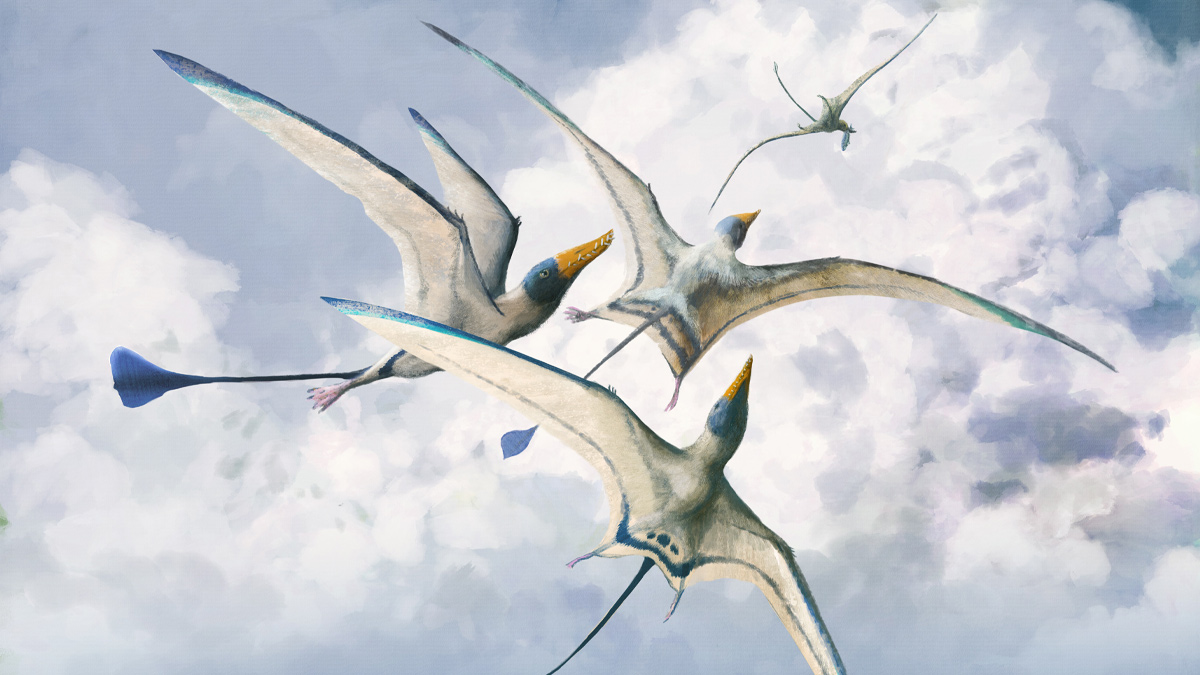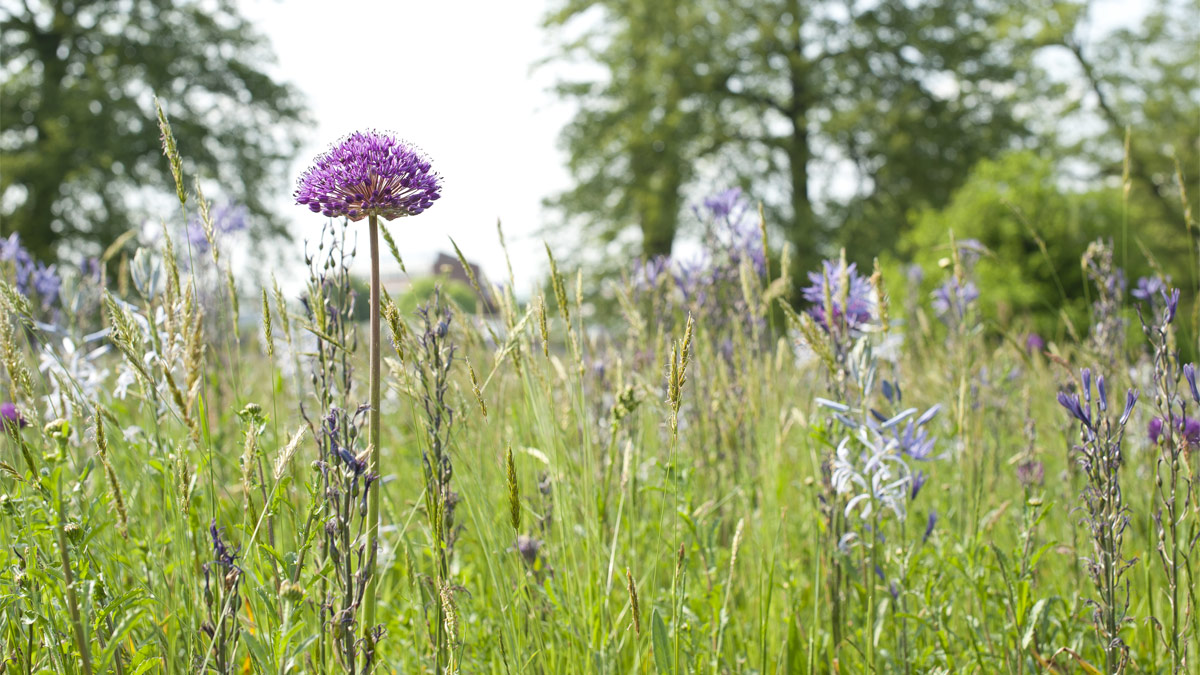We are a dynamic, high-performing research division addressing important questions about the past, present and future of the living world at all scales.
This includes how gene networks evolve, the behaviour of microbes and complex higher organisms, how this mediates large-scale patterns of extinction risk, and how evolutionary adaptation to climate change can affect biodiversity and resilience.
Our research will change the way people think about, and study, ecology and evolution.




